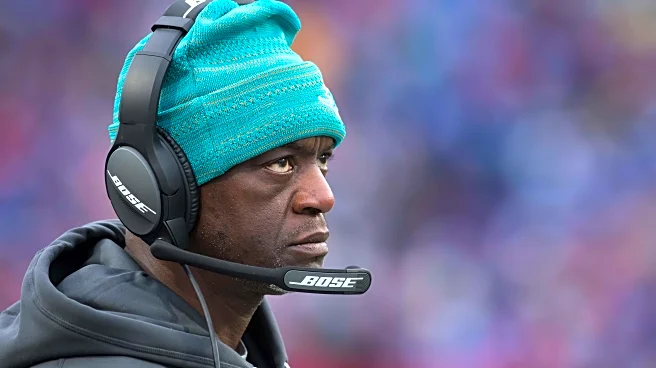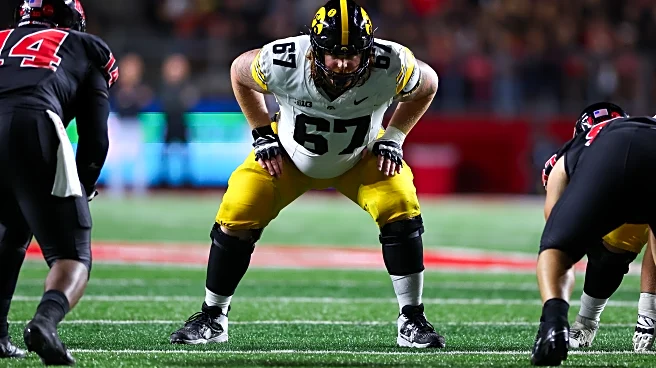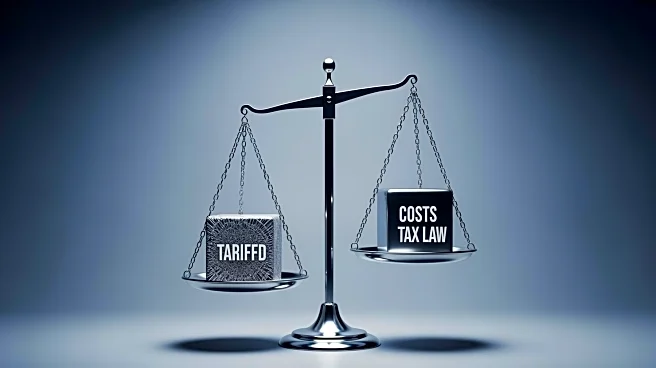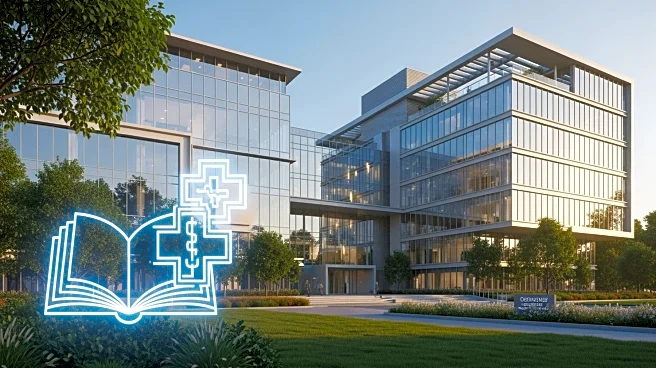Rapid Read • 8 min read
The Federal Railroad Administration (FRA) is under scrutiny for its limited oversight of the safety of 70,000 railroad bridges across the United States. Despite the Bridge Safety Standards rule being in effect for 15 years, approximately 10% of U.S. railroads have not had their bridge management programs audited by the FRA. This lack of oversight has led to several incidents, including the collapse of a bridge in Corvallis, Oregon, which resulted in significant environmental damage. The FRA employs only six inspectors to oversee these bridges, leaving rail companies largely responsible for their own inspections and maintenance. This self-regulation has raised concerns about transparency and accountability, as many details about bridge conditions remain undisclosed to the public.
AD
The limited oversight of railroad bridges poses significant risks to public safety and the environment. With rail companies conducting self-inspections, there is a potential for deferred maintenance and safety features, which can lead to accidents and environmental hazards. The lack of transparency in inspection reports prevents government officials and the public from accessing critical safety information. This situation highlights the need for increased regulatory oversight and transparency to ensure the safety and reliability of the nation's railroad infrastructure. The consequences of inadequate bridge maintenance can be severe, as seen in past incidents involving hazardous material spills and structural failures.
U.S. Representative Summer Lee plans to introduce legislation aimed at increasing transparency in railroad bridge safety. The proposed legislation would create a public database to provide residents with access to safety information about bridges in their communities. This initiative seeks to address the influence of powerful railroad lobbyists and ensure that safety concerns are prioritized over corporate interests. The FRA may also need to consider expanding its workforce and resources to improve oversight and auditing of bridge management programs, particularly for smaller railroads that have been overlooked.
The issue of railroad bridge safety raises broader questions about infrastructure management and regulatory practices in the U.S. The reliance on self-inspection by rail companies reflects a trend of privatization and deregulation that can compromise public safety. The ethical implications of withholding safety information from the public and government officials underscore the need for accountability and transparency in infrastructure management. Long-term shifts in policy may be necessary to balance corporate interests with public safety and environmental protection.
AD
More Stories You Might Enjoy











